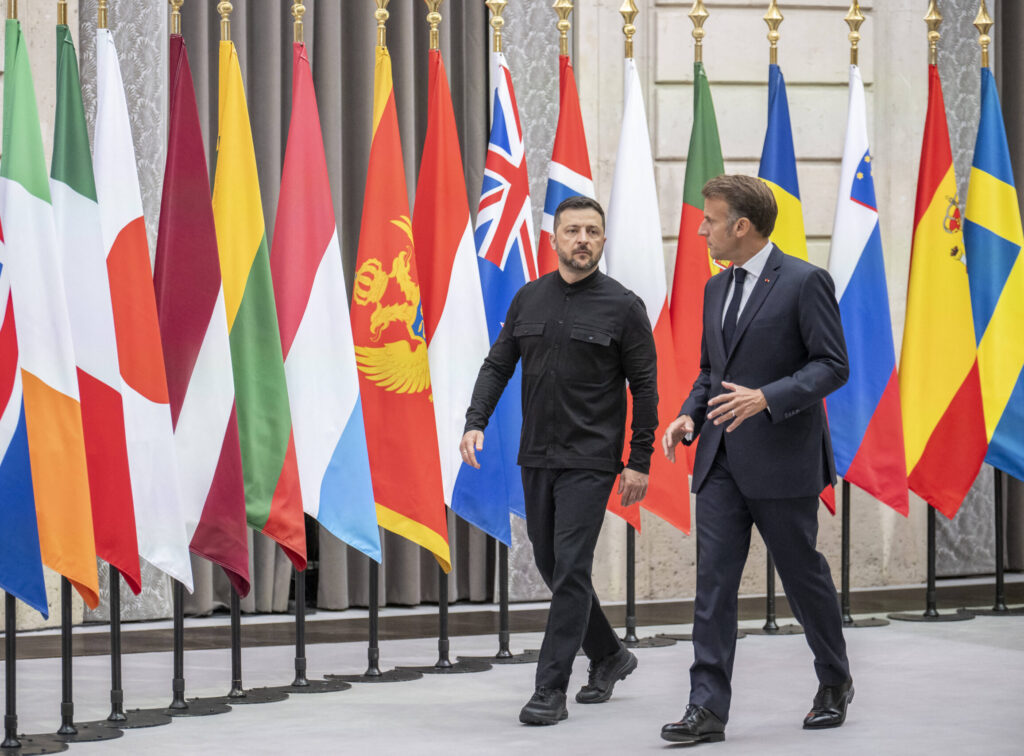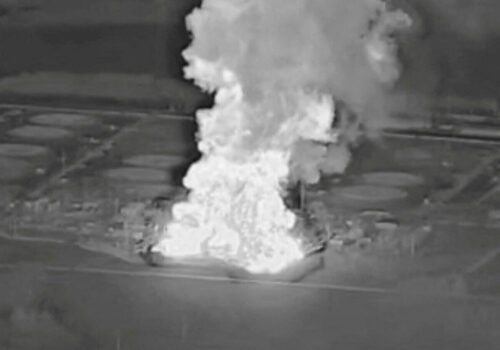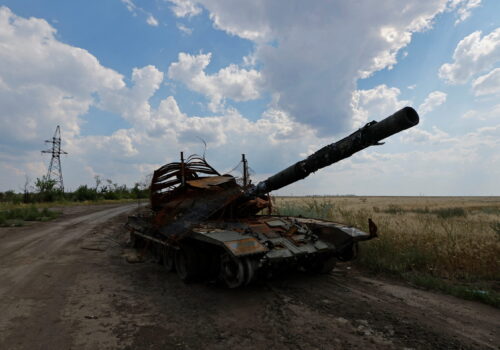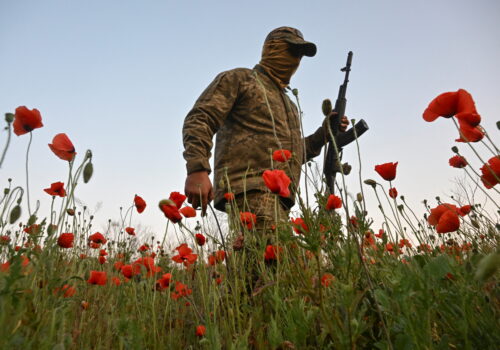French President Emmanuel Macron announced last week that 26 nations have now committed to participating in a so-called “reassurance force” to help guarantee Ukraine’s security following the end of hostilities with Russia. Macron was speaking in Paris after hosting European colleagues from the Coalition of the Willing, a grouping of countries led by Britain and France that is attempting to spearhead efforts to secure a lasting peace in Ukraine.
Work on the Coalition of the Willing has been underway since early 2025, as Europe seeks to convince the Trump administration that it is prepared to take the lead in efforts to end the Russian invasion of Ukraine. The initiative received a boost in recent weeks when US President Donald Trump offered to provide crucial backup support for a European reassurance force in Ukraine. However, the exact nature of this American role has not yet been specified.
Crucially, there is also a lack of clarity over exactly what form a European military presence in Ukraine could take and what functions participating troops would be expected to serve. This has given rise to some fundamental questions over the nature and goals of any future reassurance force. In the final analysis, what is the Coalition of the Willing actually willing to do in Ukraine?
Stay updated
As the world watches the Russian invasion of Ukraine unfold, UkraineAlert delivers the best Atlantic Council expert insight and analysis on Ukraine twice a week directly to your inbox.
The biggest question of all is whether European troops in Ukraine would be permitted to fight back if attacked by Russia. Russian opposition to a Western military presence in Ukraine is well known, with Putin recently stating that any European troops would be regarded by the Russians as legitimate targets.
A clash between Russian and European troops in Ukraine would not be inevitable. While the Kremlin would certainly be eager to test Western resolve by targeting European troops in Ukraine, this would be balanced by fears in Moscow that any acts of Russian aggression could end up backfiring and strengthening Europe’s commitment to stand with Ukraine. Nevertheless, the obvious potential for unpredictable escalations means that any Western soldiers deployed to postwar Ukraine would almost certainly be limited to areas far away from the front lines.
Europe’s collective desire to avoid a direct military confrontation with the Kremlin places serious limits on the potential scope of any reassurance force. However, this cautious approach does not mean that a European military presence in Ukraine would be entirely useless.
As long ago as spring 2024, France’s President Macron was already raising the prospect of deploying Western troops to rear areas as a way of establishing red lines for the Kremlin. More recently, US Special Envoy Keith Kellogg has suggested a European military presence on the right bank of the Dnipro River to safeguard central and western Ukraine. This could help create the security and confidence necessary for Ukraine’s revival.
European soldiers on the ground inside Ukraine could make a meaningful contribution to a possible air shield over the country. This is widely regarded as the most realistic form of Western military support for Ukraine, with air force squadrons from participating countries and enhanced air defenses combining to guard Ukrainian airspace against Russian missile and drone attacks. Western troops based in Ukraine could potentially operate air defense systems and provide ground support for the growing fleet of foreign jets in service with the Ukrainian Air Force.
Eurasia Center events

In addition to these more direct contributions to Ukrainian security, a European reassurance force could also help train the Ukrainian military. At present, most of the specialized training that Ukrainian soldiers and commanders receive takes place outside the country. This is expensive and inefficient. Establishing a comprehensive training program inside Ukraine would save lots of time and money. It would also have the added benefit of improving knowledge exchange between Ukrainian troops and their European colleagues.
European forces could make a very significant contribution to Ukraine’s security by taking on responsibility for repairing and maintaining the huge amounts of Western weaponry donated to Ukraine since 2022. Kyiv’s partners have provided a vast array of military kit ranging from hand-held anti-tank weapons and air defense systems to mobile artillery and armored personnel carriers. Keeping all of this in working condition is a herculean task that requires thousands of Ukrainians who could theoretically be replaced by their European counterparts. In some instances, it may even make sense for partner countries to take responsibility for the equipment delivered by their respective governments.
There are no illusions in Ukraine over the potential role of foreign soldiers. Nobody believes that the presence of a reassurance force would in itself be enough to deter further Russian aggression. On the contrary, Ukrainians are well aware that their country’s only truly credible security guarantee is the Ukrainian army. At the same time, troops from the Coalition of the Willing could boost the Ukrainian military in meaningful ways. European soldiers could play a supporting role in areas such as logistics, maintenance, and air defense, and could contribute to the training of Ukrainian troops.
Ukrainians do not expect anyone to fight for them. They would welcome the presence of European soldiers on the ground in Ukraine, but recognize that they must defend themselves and their nation. A reassurance force could serve as a meaningful element within a broader deterrence package, but the Coalition of the Willing would be well advised to focus its energies primarily on the practical goal of creating a Ukrainian military strong enough to deter the Kremlin.
Mykola Bielieskov is a research fellow at the National Institute for Strategic Studies and a senior analyst at Ukrainian NGO “Come Back Alive.” The views expressed in this article are the author’s personal position and do not reflect the opinions or views of NISS or Come Back Alive.
Further reading
The views expressed in UkraineAlert are solely those of the authors and do not necessarily reflect the views of the Atlantic Council, its staff, or its supporters.

The Eurasia Center’s mission is to enhance transatlantic cooperation in promoting stability, democratic values, and prosperity in Eurasia, from Eastern Europe and Turkey in the West to the Caucasus, Russia, and Central Asia in the East.
Follow us on social media
and support our work
Image: French President Emmanuel Macron and Ukraine's President Volodymyr Zelensky arrives for a meeting with International leaders during the Coalition of the Willing Summit, at The Elysee presidential Palace in Paris, on September 4, 2025. Photo by Eliot Blondet/ABACAPRESS.COM




